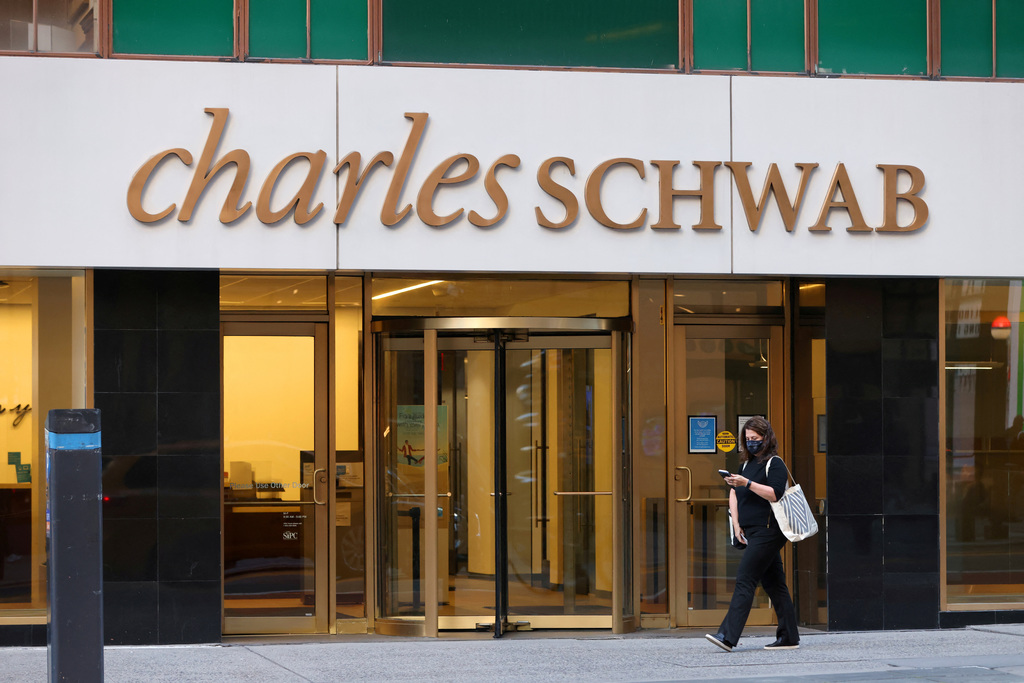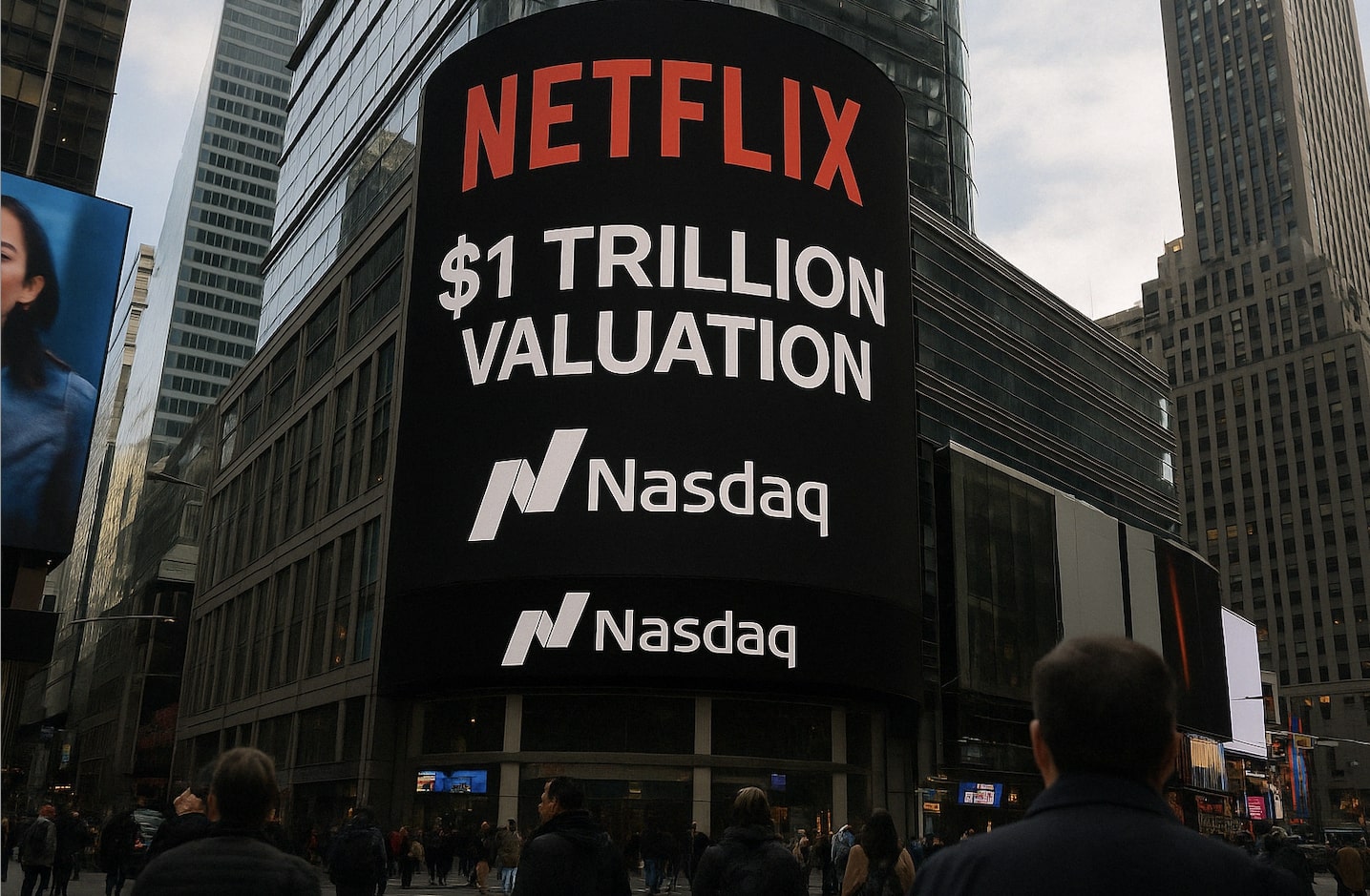
Is Schwab A Good Stock To Buy Now?
Investment Potential of Charles Schwab Corporation (SCHW): A Comprehensive Analysis
Charles Schwab Corporation (SCHW), the largest publicly traded brokerage business in the United States with $7.5 trillion of client assets, has faced a series of challenges in recent times. The company was caught in the crossfire of regional banking sector turmoil that emerged in March. As a result, Charles Schwab experienced significant pressure on its net interest margins, leading to concerns about its earnings. The stock market recovery and a lagging share price added to the complexities surrounding the investment decision for potential buyers. In this article, we will delve into the details of Charles Schwab and assess whether it presents a compelling opportunity for investors.
To truly understand the impact of the regional banking crisis on Charles Schwab, it is essential to analyze the events that unfolded. The stock price plummeted from $75 to $60 in just two days, shedding a staggering $25 billion in market value. The situation worsened in the following weeks as shares fell even further to $50, reflecting investors' pessimistic outlook and concerns about the company's uncertainties.
Charles Schwab operates as both a broker and a bank, making it vulnerable to questions and the subsequent actions of investors. While the company experienced tremendous growth over the past decade, with total assets on its balance sheet skyrocketing from $140 billion to over half a trillion, the sudden contraction in the balance sheet sharply contrasted its previous trajectory.
In 2022, Charles Schwab reported impressive sales growth of 12% to $20.8 billion, with GAAP earnings of $7.2 billion or $3.50 per share. Adjusted earnings were even higher, coming in at $3.90 per share. However, it is essential to note that most of the firm's assets do not appear on the balance sheet. Schwab manages over $7 trillion in client assets held in separated or segregated accounts. Despite the inflows of over $400 billion in 2022, the asset base experienced a decline due to lower valuations of the assets carried on the books.
One critical issue that emerged during the crisis was the migration of deposits away from Charles Schwab. The company paid a mere 0.46% on deposits, which amounted to $367 billion in the fourth quarter of 2022. This low deposit rate prompted depositors to seek higher yields elsewhere, potentially leading to a loss of assets for Schwab. If these assets were to leave, the company would be forced to sell assets to maintain liquidity. With liquidity rapidly depleting, investors feared Schwab would have to sell available-for-sale securities and investments held-to-maturity, totaling over $300 billion by the end of 2022.
Click to Find Out SCHW: NYSE Stock Profile - Who Owns The Most Shares Of Charles Schwab?
While the company reported net asset inflows from clients during the regional banking crisis, it is essential to distinguish between asset inflows and deposit inflows. Although clients were moving their money away from deposits held at Schwab, they were still contributing to asset inflows in terms of client accounts. This reflected their desire to avoid credit risk on Schwab while receiving subpar interest rates on their deposits.
First quarter results: sales were up 10% to $5.1 billion, with GAAP earnings increasing by 14% to $1.6 billion or $0.83 per share. Adjusted earnings were even higher, coming in at $0.93 per share. Surprisingly, amidst stable markets, Schwab reported a $132 billion asset inflow, bringing the total client asset value to $7.5 trillion.
To address the challenges posed by deposit outflows, Schwab took several actions. The company increased its dividend by 14% to $0.25 per share, which puzzled some investors given the circumstances. Additionally, Schwab temporarily paused its share buyback program to allocate more funds towards higher payouts on deposits and other borrowings. However, these actions exerted pressure on net interest income, which fell from $3.0 billion in the fourth quarter of 2022 to nearly $2.8 billion in the first quarter of 2023.
The overall impact of the regional banking crisis and the subsequent measures taken by Schwab were reflected in the company's second-quarter revenue projections. The management anticipated a decline in revenues in the high single digits. Despite relatively stable operating costs, earnings were expected to decline by a third. While these projections were not overly optimistic, they did indicate signs of stabilization in the business.
In April, the market price of Charles Schwab's stock remained around $50, similar to the levels seen after the release of the first-quarter results. This was in contrast to the overall market rally, and investors began questioning whether Schwab had the potential to recover. However, as the banking crisis subsided and the broader market started showing positive momentum, the stock's risk-reward profile improved.
Is Schwab Financially Stable?
See SCHW:NYSE Stock Fundamentals
Charles Schwab Corporation (SCHW) is considered financially stable. The company has a strong market position as the largest publicly traded brokerage business in the United States, with a significant amount of client assets under management, totaling $7.5 trillion. Despite facing challenges during the regional banking sector turmoil and experiencing pressure on net interest margins, Schwab has demonstrated resilience and adaptability.
Regarding its financial performance, Schwab reported sales growth of 12% in 2022, reaching $20.8 billion. GAAP earnings for the same period were $7.2 billion or $3.50 per share, with adjusted earnings coming in even higher. The company's balance sheet, although experiencing a decline in asset base during 2022 due to deposit migration, still reflects a substantial amount of client assets under management.
Moreover, Schwab has shown stability in its revenue generation and client asset growth. The company reported a $132 billion asset inflow in the first quarter of 2023, bringing total client assets to $7.5 trillion. This indicates continued trust and confidence from clients, despite the challenges faced by the banking sector.
In the subsequent months, they have brought a mix of news for Charles Schwab. In May, the company reported a $13.6 billion asset inflow for April, with client balances reaching $7.6 billion. June saw a significant increase in new asset inflows, with $20.7 billion recorded for May. However, it is essential to note that most of these gains were attributed to the broader market's performance, with client balances remaining broadly flat.
On the corporate front, Charles Schwab sought to secure financing by offering $2.5 billion in notes due in 2029 and 2024. This move increased the cost of borrowing and put additional pressure on net interest margins. Moreover, CFO Peter Crawford acknowledged that revenues for the second quarter were expected to decline by 10-11%, worse than the initial high single-digit decline projection. This was primarily attributed to pressure on net interest margins and lower trading activity.
Charles Schwab's risk-reward profile improved despite the challenges and downward pressure on near-term earnings. The stock traded around $50 in April but has since reached $55 as of June 16, 2023. This improvement can be attributed to the market rally and temporary alleviation of banking concerns.
Is Schwab a good stock to buy now?
Based on the analysis of Charles Schwab Corporation's recent performance, market dynamics, and future outlook, Schwab presents an intriguing investment opportunity.
Investing in Charles Schwab is not without risks. Financial stocks, in general, come with inherent uncertainties, and individuals should consider their risk tolerance and investment goals before making any investment decisions. However, Schwab's market position as a leading brokerage business, scale advantage, and ability to adapt to changing market conditions make it an attractive prospect for investors.
Considering the financial stability, growth potential, and market sentiment surrounding Charles Schwab, it could be a compelling stock to buy. However, investors should closely monitor the company's financial performance, revenue projections, and deposit balances to make informed investment decisions.
















